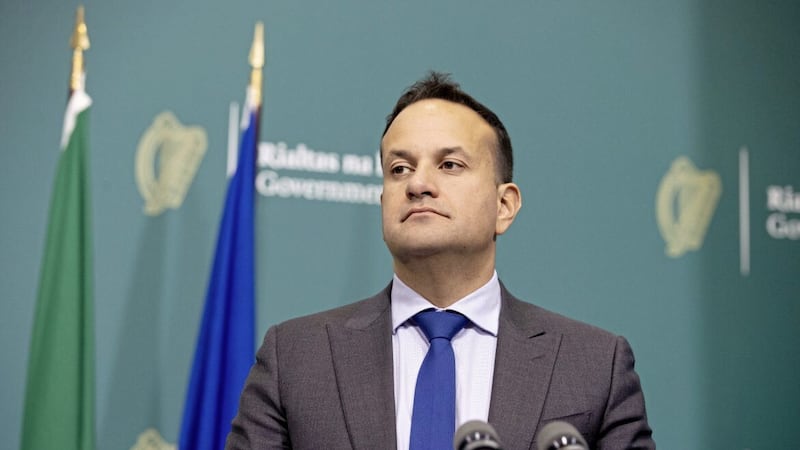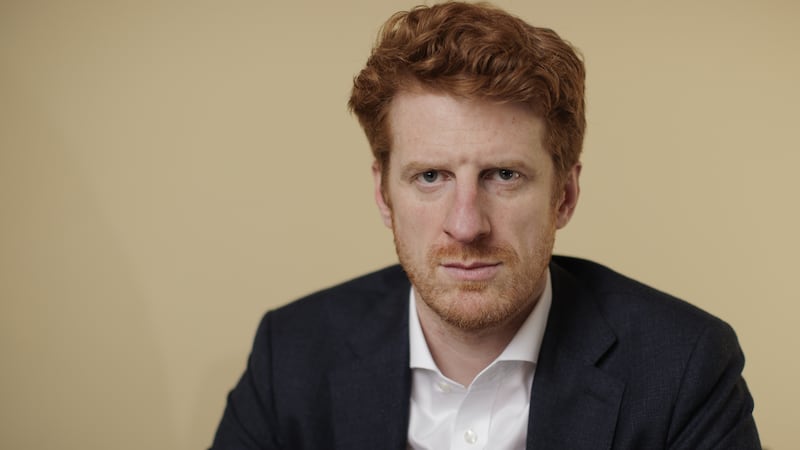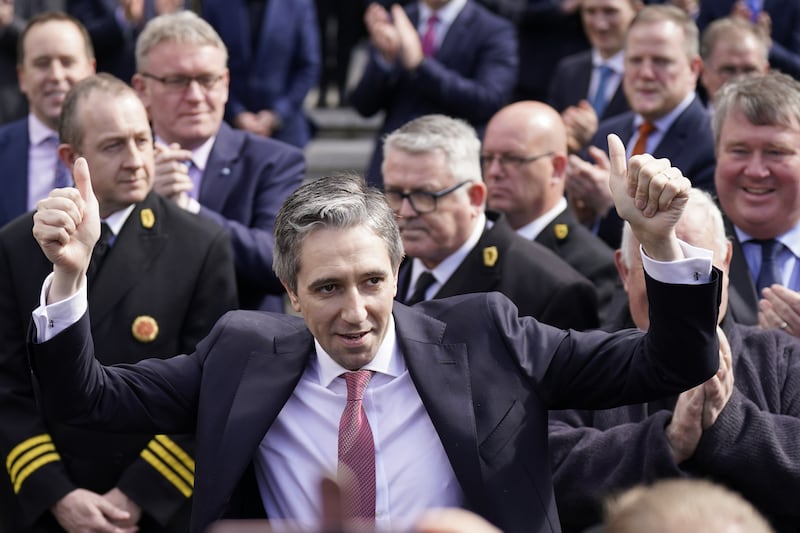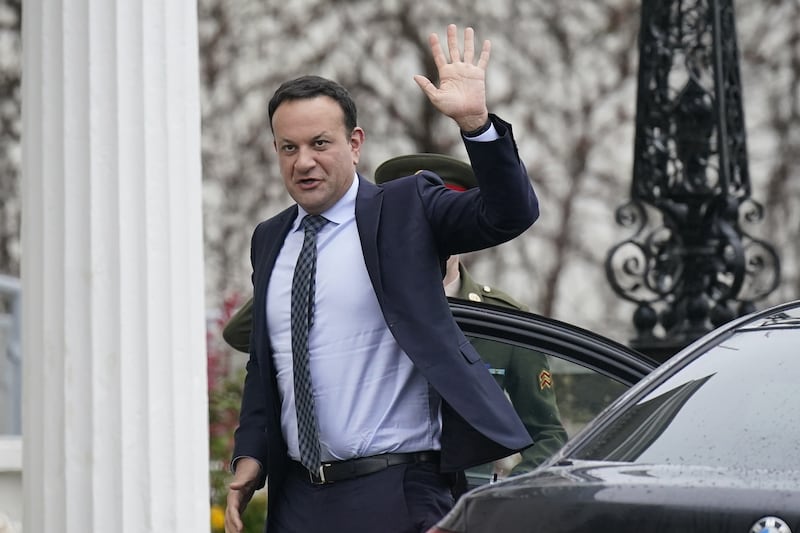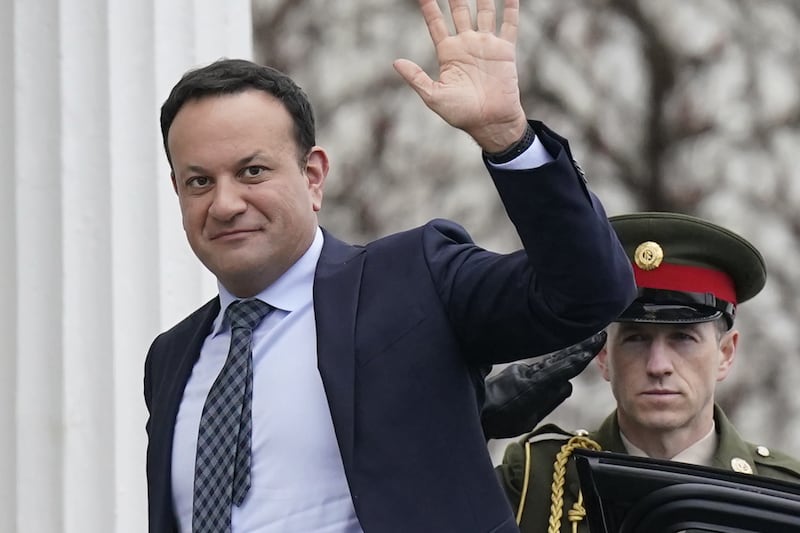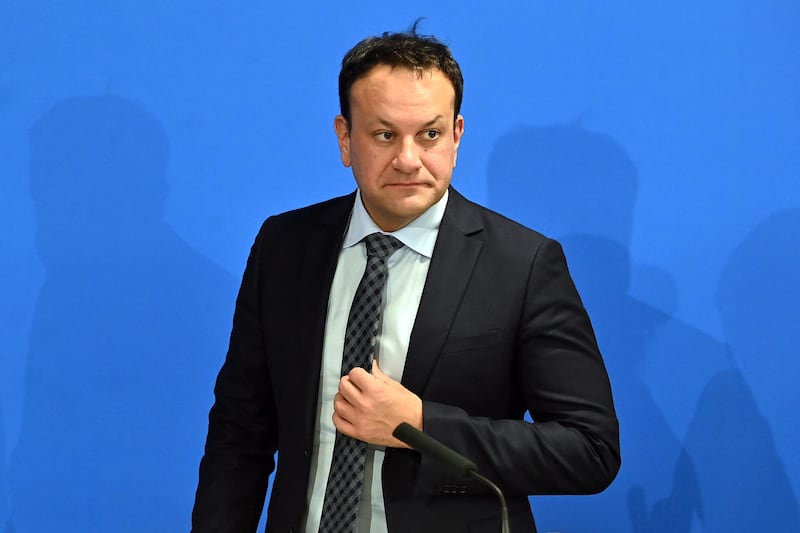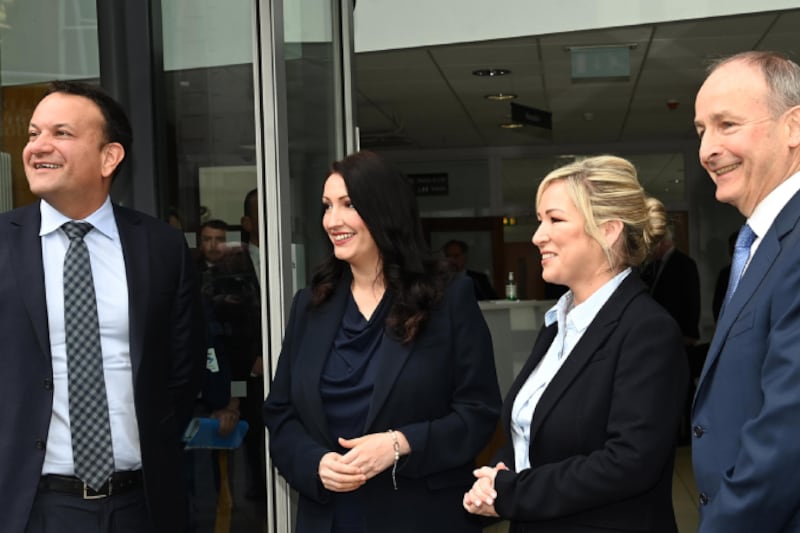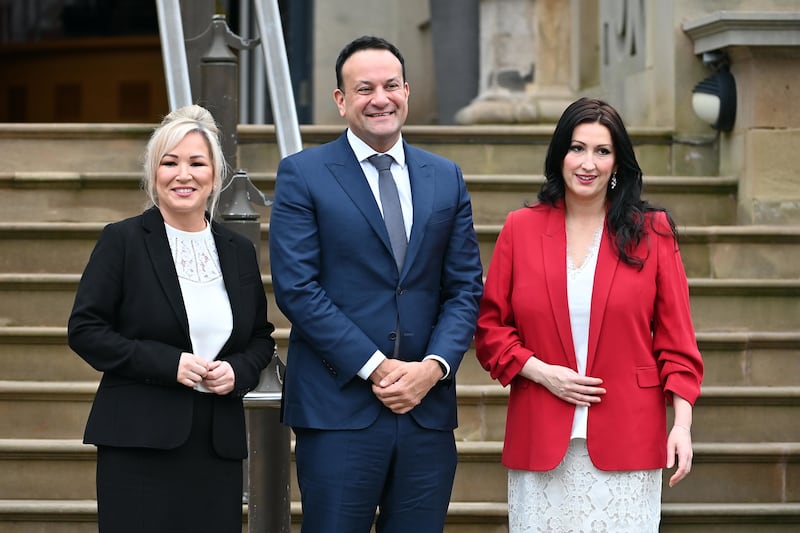LEO Varadkar has warned the British government that "unilateral action" on the Northern Ireland Protocol will not bring stability to the region.
The taoiseach said an opportunity now exists for the EU and UK to reach an agreed way forward on the post-Brexit trade arrangements that addresses unionist concerns.
Mr Varadkar's remarks come just days after he succeeded Micheál Martin as the head of the Irish government and as hopes remain of a negotiated resolution to the impasse around the protocol.
Earlier this week, the EU's chief Brexit negotiator Maros Sefcovic confirmed that a grace period for veterinary medicines will be extended to 2025, while reports in recent weeks have suggested the British government's controversial Northern Ireland Protocol bill has been put "on ice" while negotiations with the bloc continue.
The taoiseach said that in his role as the Republic's economy minister he saw first-hand the impact of Brexit on once free-flowing trade.
He described the protocol as a "good-faith effort" that protected the integrity of the single market and avoided a hard border, while protecting the Good Friday Agreement, "including its provisions on the constitutional position of Northern Ireland".
"An event as seismic as Brexit brings with it huge change, and the fears and worries that go with that," he said.
"We have listened and we have heard the concerns, in particular the concerns of unionism, about the protocol. I will continue to engage with and listen to those concerns.
"I am also conscious of the voice of businesses, many of which see the value of the protocol."
He highlighted recent trade figures that showed the "largest value of total sales on record".
Mr Varadkar said he was optimistic of a breakthrough on the protocol and an outcome that ensured it would "impact as little as possible on the everyday life of communities" across Ireland.
"However, let us be in no doubt that unilateral action by anyone will not bring the stability and certainty that the people of Northern Ireland want and need," he wrote in the Belfast Telegraph.
"The Good Friday Agreement provides us with the strong foundations and route map for the way forward on this island. Nevertheless, we should also bear in mind that there have been huge changes in the 25 years since the agreement was signed."
The Fine Gael leader said identities in the north were "now more fluid and less binary".
"There is a growing middle ground – the assembly elections and the census tell us that there is no majority or minority community any more," he said.
He said that the Republic had "successfully navigated" its way through a period of immense social change.
"Yet many preconceptions and gaps in understanding persist between communities in Northern Ireland and between north and south," he said.
"We need to do more to enhance understanding and trust, building on initiatives such as the Shared Island dialogues and engaging with those who challenge our views and who ask us the uncomfortable questions."
Mr Varadkar said he was committed to listening to "all communities and traditions as we build a better future for us all on this island".
"I am genuinely optimistic about what we can achieve together," he said.
The taoiseach said that as the 25th anniversary of the Good Friday Agreement approaches an opportunity existed to "create better future for the next generation".
"But we must ensure that we all grasp that opportunity — by which I mean the two governments and the political parties in Northern Ireland, working with our international friends in the US and the EU, to create an inclusive, reconciled and prosperous future for all," he said.
"A vital first step is to have the assembly and executive up and running again and for the North-South institutions to resume functioning."
He said the north was entitled to have a functioning government and that he would be visiting the region soon, while engaging with British Prime Minister Rishi Sunak.
